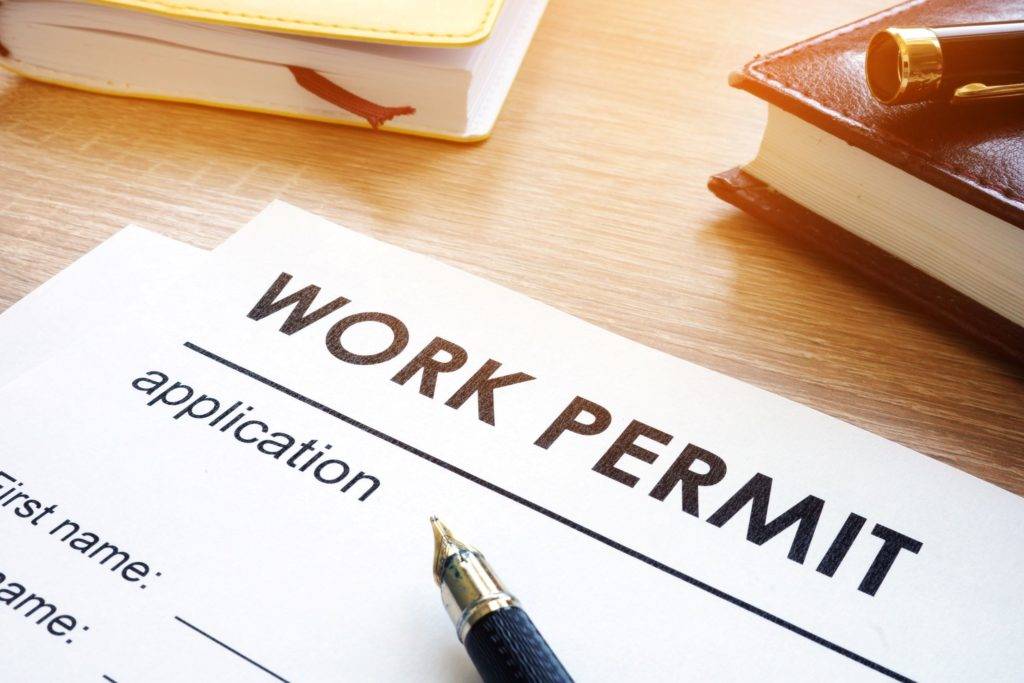I go beyond just looking at job titles and salaries when evaluating a workplace because company culture plays a huge role in long-term success and job satisfaction. The right environment can motivate, support growth, and make daily work more fulfilling, while the wrong one can lead to stress and frustration. That’s why it’s important to take a closer look at a company’s values, leadership style, and work atmosphere before making a decision.
I want to make it easy to recognize the signs of a great company culture and spot red flags before accepting an offer. In this guide, I’ll break down practical ways to research a workplace, assess whether it’s the right fit, and make a confident career choice.
What Is Company Culture and Why Does It Matter?
Company culture is the shared values, behaviors, and attitudes that define a workplace. It influences how employees interact, how decisions are made, and how the company treats its staff. Understanding company culture helps job seekers find the right fit for long-term career satisfaction.

- Impacts Job Satisfaction: A positive culture fosters motivation, engagement, and a sense of belonging, while a toxic one leads to stress and burnout.
- Affects Career Growth: Some companies actively promote skill-building, mentorship, and internal promotions, while others provide minimal development opportunities.
- Work-Life Balance: Culture dictates work expectations, flexibility, and overall stress levels. Some companies encourage long hours, while others value work-life balance.
- Team Dynamics: The way employees communicate, collaborate, and support one another depends on workplace culture. Some companies emphasize teamwork, while others prioritize independent work.
A good company culture improves job satisfaction, while a poor one can lead to frustration and high turnover.
Read: Turning Rejection into Opportunity— How to Use No to Fuel Your Next Yes
How to Identify the Right Company Culture for You
Before applying for jobs, it’s important to define what kind of workplace suits your personality, values, and career goals.
- Work Environment: Do you prefer a fast-paced corporate setting, a laid-back startup, or a structured government office?
- Management Style: Some people thrive under hands-on leadership, while others prefer autonomy and flexibility.
- Collaboration vs. Independence: Do you enjoy working in teams, or do you prefer handling tasks individually?
- Growth Opportunities: Does the company provide training, mentorship, and career advancement?
- Work-Life Balance: Are flexible schedules, remote work options, and wellness benefits important to you?
By knowing what you value in a workplace, you can narrow your job search and find a company that aligns with your preferences.
Where to Research a Company’s Culture Before Applying
Relying only on job descriptions and company websites isn’t enough to understand workplace culture. Use multiple sources to get a clearer picture.

- Company Website and Social Media: Look for mission statements, employee spotlights, and workplace values. A company that actively shares achievements and employee success stories often values its workforce.
- Glassdoor and Employee Reviews: Read employee feedback on work environment, leadership, and benefits. Pay attention to recurring themes rather than a few isolated negative reviews.
- LinkedIn Profiles of Employees: Check how long employees stay at the company and whether they get promoted internally. High turnover or stagnant career growth can be red flags.
- News and Press Releases: Research company achievements, leadership changes, and controversies to understand its reputation.
- Networking and Informational Interviews: Connect with current or former employees on LinkedIn or through networking events. Their insights provide real-life experiences that job postings may not reveal.
A well-rounded approach to research helps in making informed career decisions.
Read: Cover Letter Hacks: Write a Cover Letter That Gets You the Interview
Red Flags That Indicate a Toxic Work Culture
A company may look great on the surface but have serious workplace issues. Identifying red flags early can help avoid job dissatisfaction.
- High Employee Turnover: If employees frequently leave, it may indicate poor management, unrealistic workloads, or low job satisfaction.
- Negative Reviews from Employees: Recurring complaints about leadership, work-life balance, or company ethics should not be ignored.
- Lack of Transparency: Vague job descriptions, unclear expectations, and non-responsive hiring teams can signal a disorganized workplace.
- Poor Work-Life Balance: If a company expects excessive overtime or has a culture of working beyond office hours without recognition, it may lead to burnout.
- Micromanagement or Lack of Leadership: A controlling or indecisive leadership style creates a stressful work environment.
- No Career Growth: If employees stay in the same position for years with no development opportunities, the company may not invest in its workforce.
Recognizing these signs before accepting a job offer prevents career setbacks and frustration.
How to Evaluate Company Culture During the Interview Process
An interview is a two-way process. While the employer assesses you, you should also assess them to determine if the company’s culture aligns with your expectations.

- Ask About Work Environment: “How would you describe the company culture?” If the response is vague or overly rehearsed, it may indicate a lack of a strong culture.
- Observe Office Interactions: If you have an in-person interview, take note of how employees interact. Do they look engaged and positive, or stressed and disengaged?
- Understand Expectations: “What does success look like in this role?” The answer reveals how employees are evaluated and whether unrealistic expectations exist.
- Clarify Work-Life Balance: “How does the company support employee well-being?” A company that values work-life balance will have clear policies on flexibility, remote work, or mental health support.
- Look for Diversity and Inclusion: A workplace that values different perspectives and backgrounds is often more progressive and employee-friendly.
Paying attention to these factors helps in making a confident career choice.
Read: How to Build a Personal Brand on LinkedIn That Lands Interviews
Making the Final Decision: Choosing the Best Workplace for You
Once you’ve done your research and attended interviews, the next step is to compare your options and decide which company is the best fit.
- Alignment with Personal Values: Does the company’s mission and values match your own? If you prioritize social responsibility, working for a company that ignores ethical issues may cause dissatisfaction.
- Career Growth Potential: Look at employee promotions, mentorship programs, and skill-building opportunities. A company that invests in its employees fosters long-term career success.
- Compensation and Benefits: Beyond salary, consider health benefits, paid time off, retirement plans, and performance-based incentives.
- Work-Life Balance: Can you maintain a healthy personal life while excelling at your job? Companies that encourage employees to take breaks and avoid burnout create a better work environment.
- Gut Feeling: Sometimes, intuition plays a role. If something feels off, trust your instincts. If you feel excited about a company, it’s a good sign that you’ll enjoy working there.
Choosing the right company culture is as important as choosing the right job title. A workplace that aligns with your values, career goals, and work style improves job satisfaction and long-term success. By researching a company’s culture, recognizing warning signs, and asking the right questions during interviews, you can make an informed decision and find a workplace that truly supports your growth.














